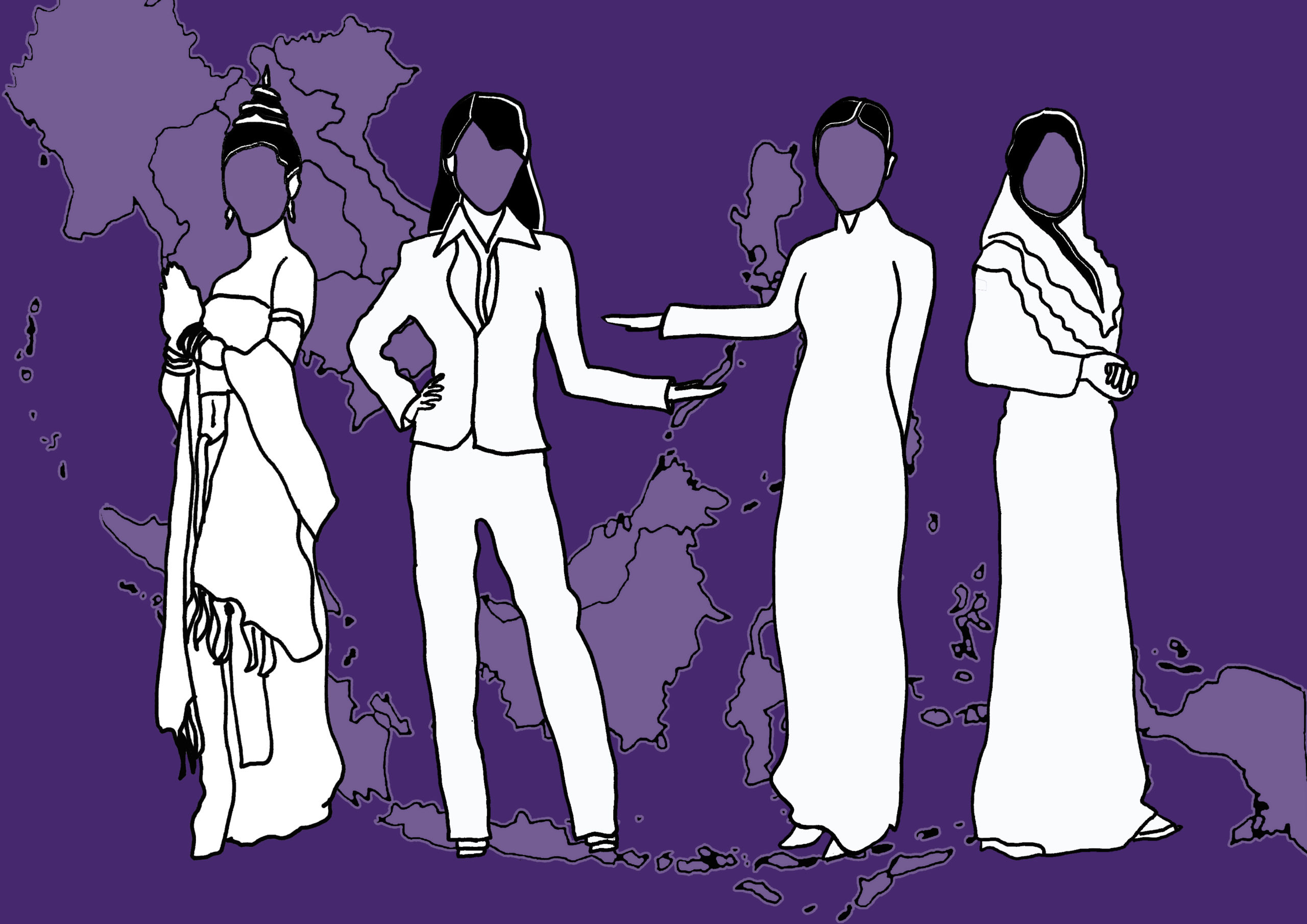Today is International Women’s Day and, depending who you ask, it’s the 112th time the world has marked the occasion.
Though the event’s earliest roots lie in a commemoration held only in the U.S., the day went global in 1911 when more than a million people across northern Europe launched hundreds of demonstrations for women’s rights. Among other things, protesters that year denounced sex discrimination in the workforce and demanded the right for women to vote and stand for election.
Today, 8 March is recognised around the world and across our region, with Laos and Cambodia even celebrating it as a public holiday. But even as we’ve seen great progress since that first International Women’s Day hit the streets of Europe, each year this date reminds us of the work still required to build a more equal society.
Southeast Asia provides us with several positive examples of how this process can look in modern society.
The Philippines consistently ranks either at or among the very most equal countries in the Asia Pacific in studies such as the World Economic Forum (WEF)’s annual Global Gender Gap Report. The Philippines routinely scores high marks for female participation in education, politics and the workforce. Singapore also typically places well on the global stage, boasting high average levels of safety for women and ample opportunities for employment.
Still, on the other hand, many ASEAN countries struggle on vital metrics such as political empowerment, as measured by the number of female representatives in public offices. On that metric, Laos, Cambodia, Thailand, Malaysia, Myanmar and Brunei fell in the bottom fifth of 146 countries measured in the WEF’s report for last year.
This year, we’ve chosen a selection of our past coverage that helps us explore the persistent, striving hope for a better world that lies at the heart of International Women’s Day. Scroll through to read more.
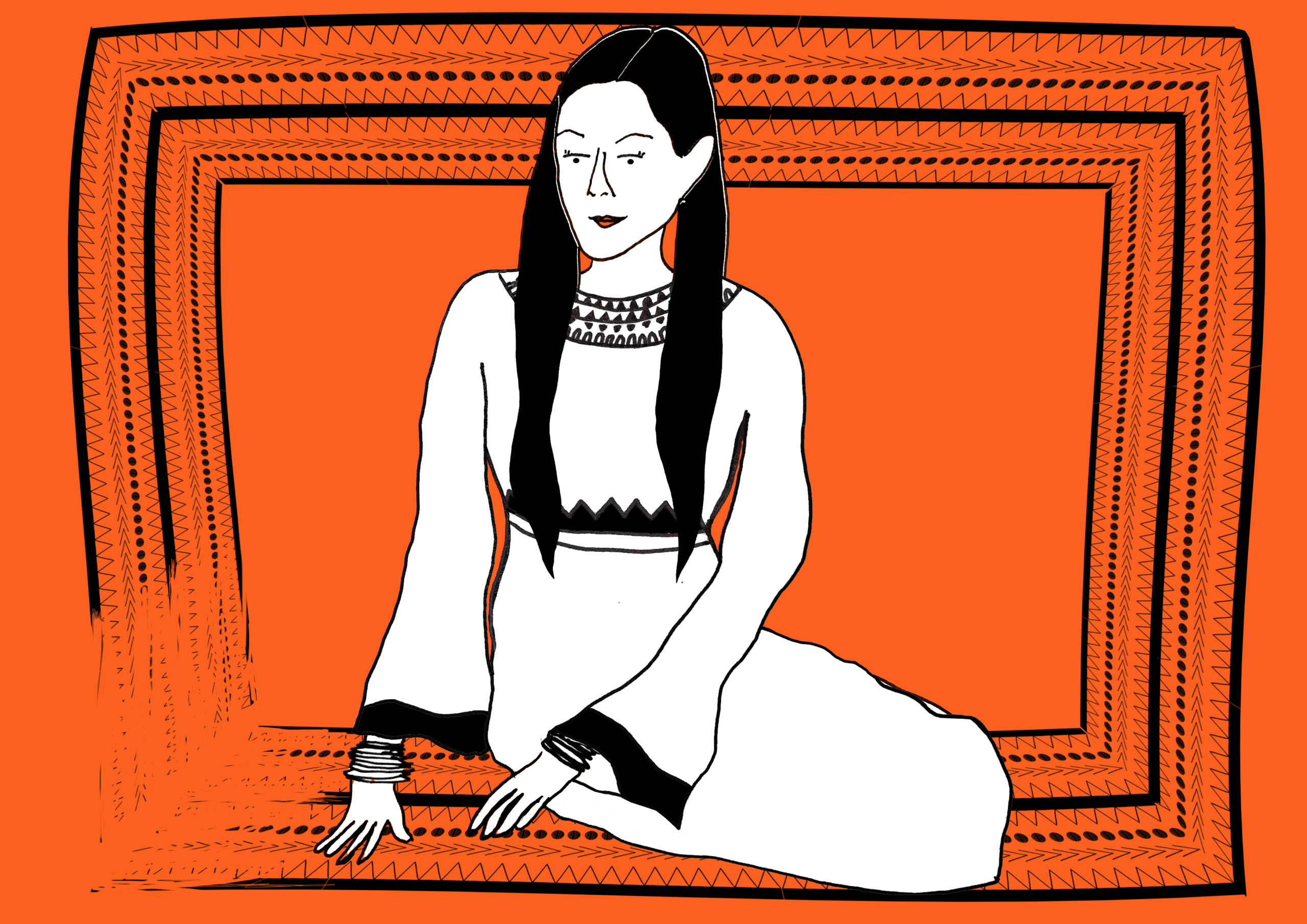
As part of our ‘Recognising Resilience’ series published in March 2020, the Globe reported on the legacy of the bygone Binukot women ritual – a practice in which girls in certain rural Philippines villages were secluded from the world until marriage in the hopes of raising their value as wives. Teresita ‘Tarsing’ Caballero Castor, who was raised as a Binukot, told us about her life in this story of progress and tradition.
Singaporean MP calls for shifts in Southeast Asia’s struggle for gender parity
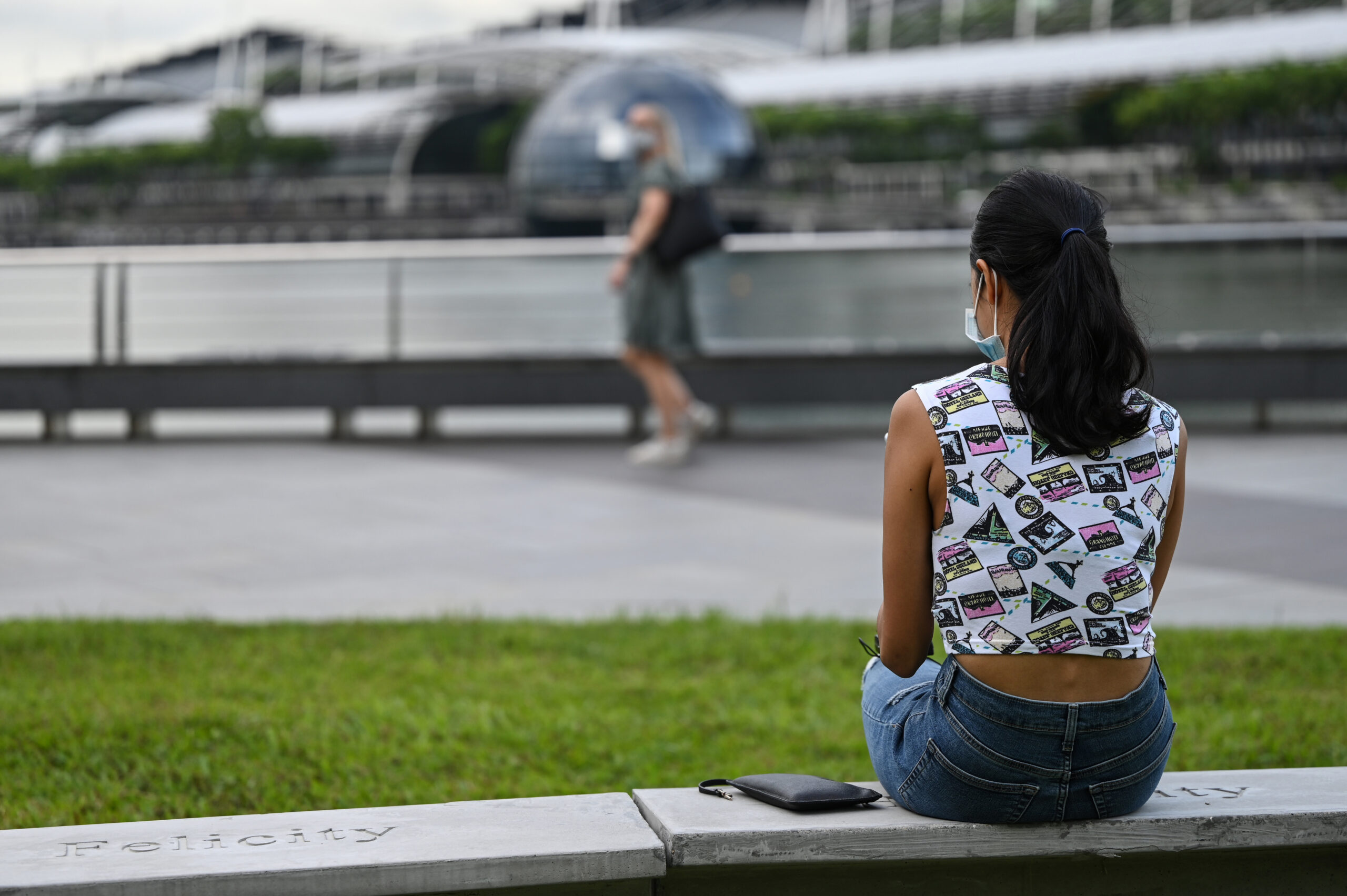
Last year, Globe managing editor Amanda Oon interviewed Singaporean MP and rights advocate Carrie Tan about women’s rights in the city-state and across the region. The result is this insightful, candid Q&A about societal pressure and the momentum for change.
Liberal laws and fetus cemeteries: Vietnam’s conflicted abortion stance
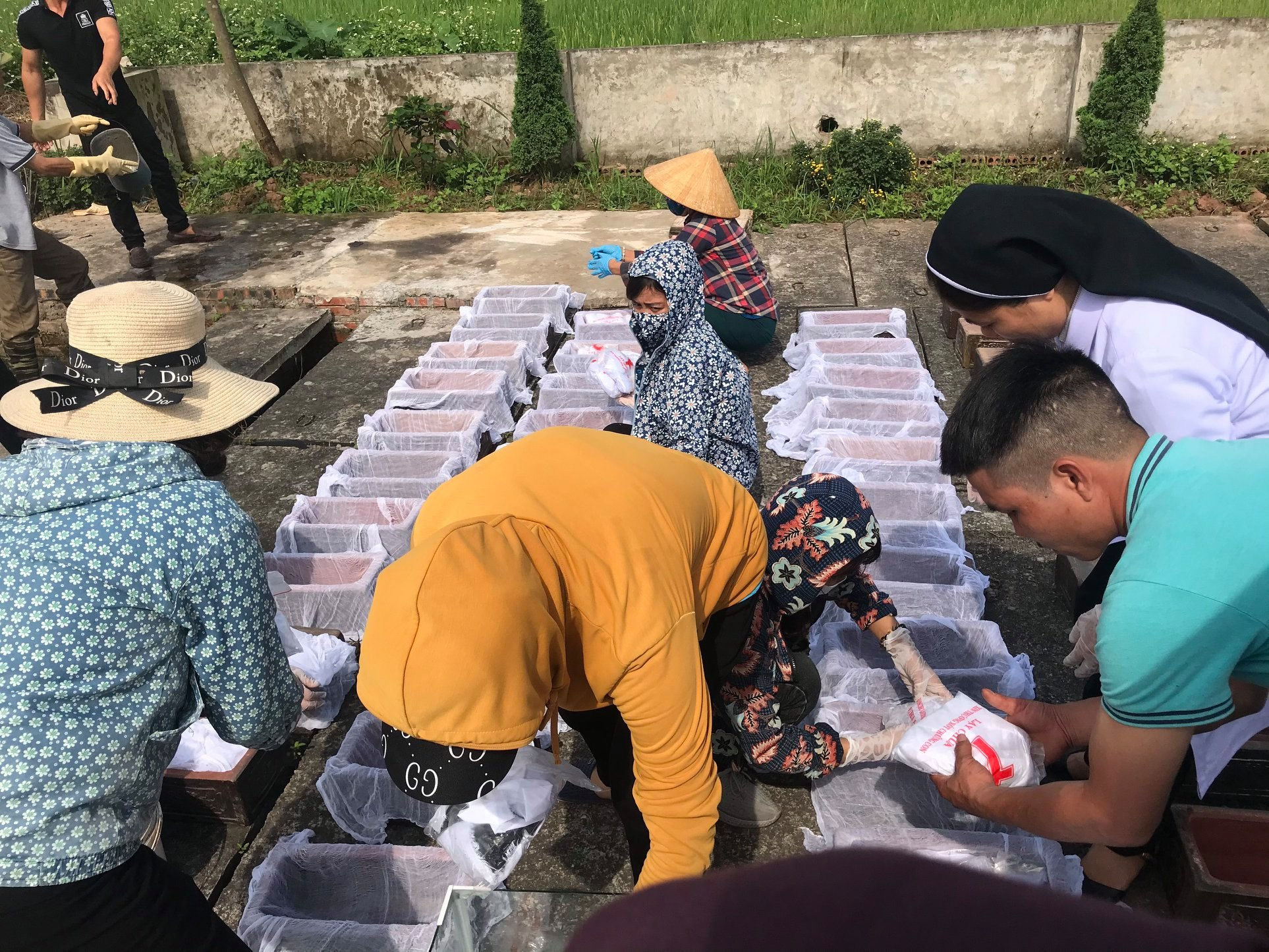
In 2021, longtime Globe contributor Govi Snell brought us this striking report on the culture of abortion in Vietnam, where the procedure is – legally, theoretically – simple to get. At the same time, abortion remains highly controversial in some parts of society, with fetus burials and “rescues” adding to a deep social stigma against the practice.
Playing with pride: Meet Cambodia’s oldest LGBT women’s football team
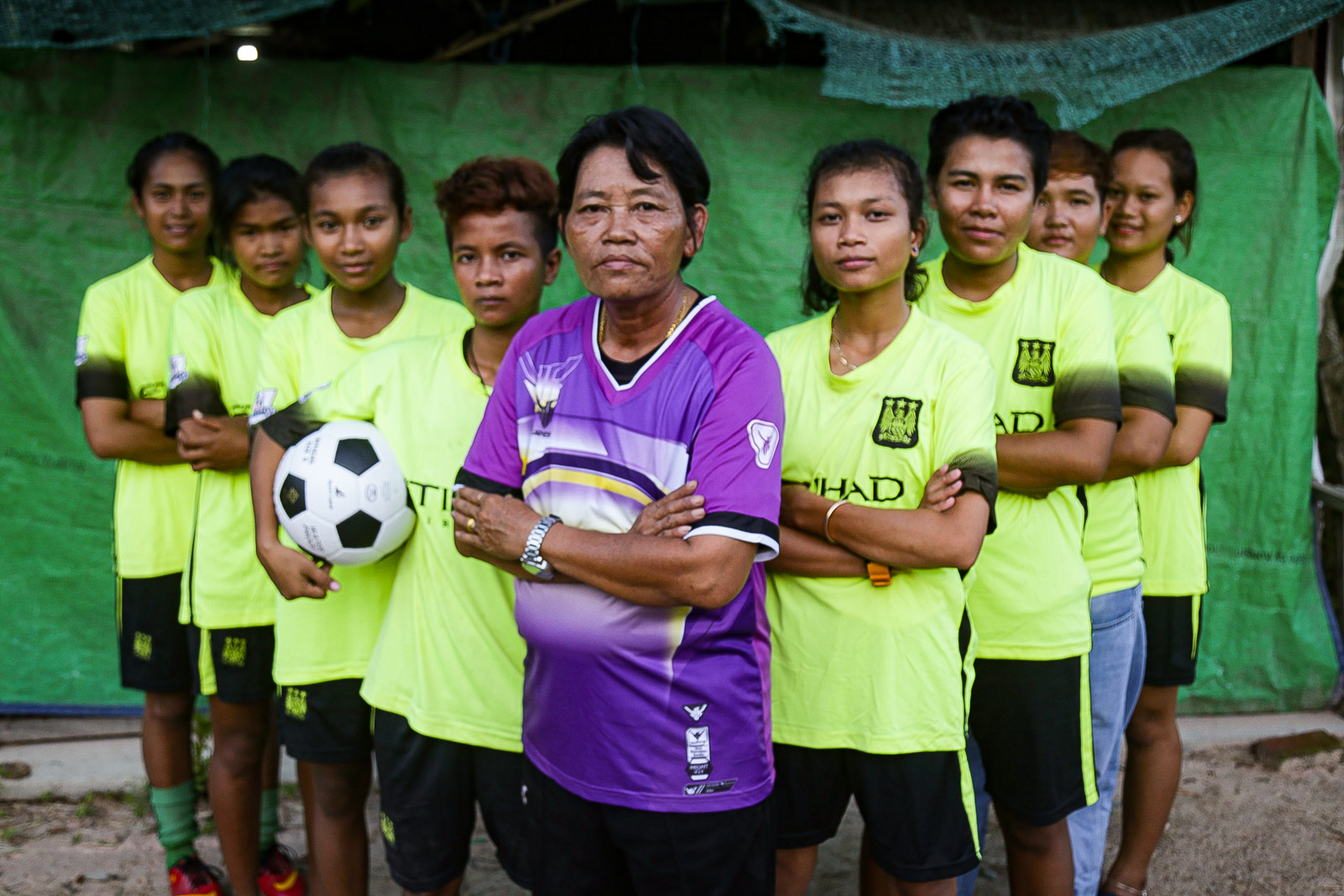
The fight for equality can take different forms. In the Cambodian province of Kampong Chhnang, it often plays out on the football pitch. That’s because the Women’s Under-21s team there is the first in the Kingdom dedicated to girls of all sexual orientations. Then-Globe reporter and all-around sports fan Alexi Demetriadi brought us this story of solidarity and fair play in 2020.
Mattie Do plays with expectations of Southeast Asian cinema
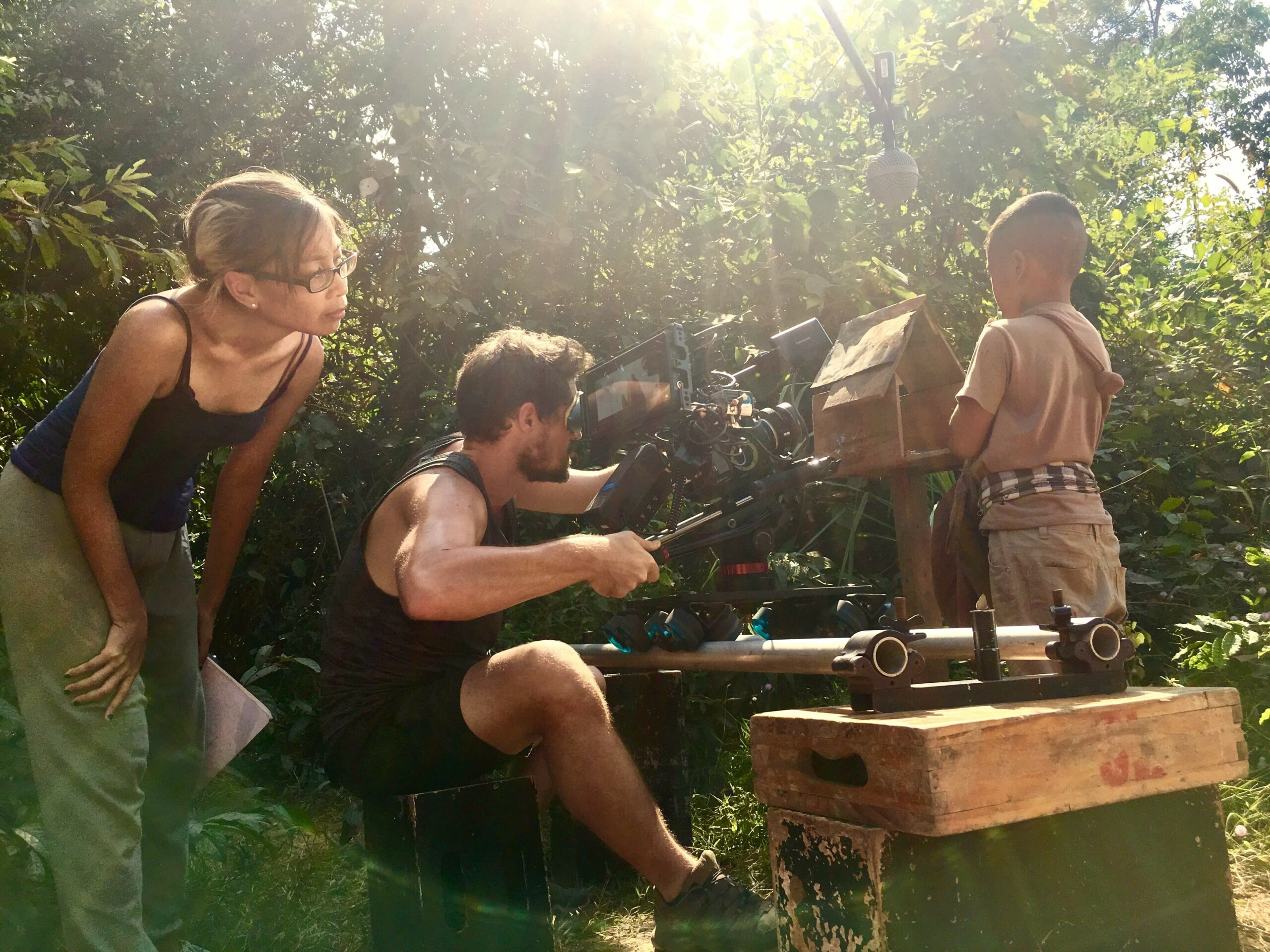
Another one here from Govi with this profile of Lao-American director Mattie Do, who talked a refuses to do what’s expected of her. Do spoke with the Globe last year about her then-new film, The Long Walk, which she described as giving audiences “their idea of ‘real Laos’ but with time travel and ghosts and a serial killer.” Not one to miss.
